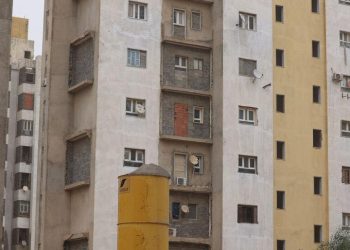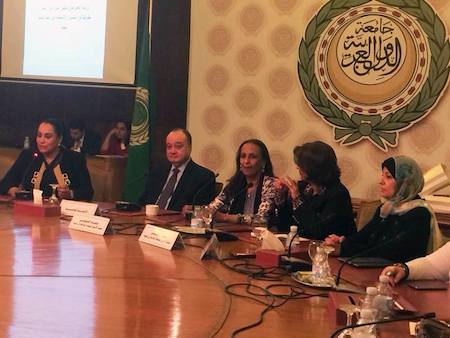By Noora Ibrahim.
Benghazi, 31 October 2014:
After 16 days of heavy clashes in Benghazi and reports of nearly 200 . . .[restrict]dead since pro-government forces began their assault on the city, civilians are struggling to survive in as their daily lives continued to be dogged by the conflict.
Rising prices, the closure of schools, businesses, banks and universities are just some of the problems faced by Benghazi inhabitants not just over the last two weeks of intense fighting in the centre of the city, but for months since the start of clashes between pro-government and Islamist forces.
Salah Mohammed, a father of four, has had to borrow money from his brother to cover his living costs. Unable to withdraw cash from the bank he needs the money to pay for essentials like milk for his small children and nappies.
For Awad, a fourth year medical student at Benghazi University which has been closed since June, the future looks bleak because of the constant disruption to his studies. “I think it will take a long time for life to go back to the way it was,” he told the Libya Herald.
Clashes at Benghazi University, which has been the backdrop to some of the worst fighting not just in recent days but since the beginning of Operation Dignity in May, have meant for the second time in the last three years Awad has been forced to give up on a year of study.
“You forget everything you have studied and you will not get that time back,” said Awad who had been due to graduate this year.
Another student in his fifth year, Muhannad Saad, said “I have lost all hope of completing my studies. I am now 26 and I was supposed to graduate two years ago.” He added that he now thinks he will have to finish his training abroad.
Saad Omar, a father of three, decided to send his children to Egypt to finish their studies and for their safety. “I know this war will take a long time and I will not allow it to affect the future of my children” he said.
Moataz Mohammed, who works in Benghazi, said the situation had worn him down. He explained that he was tired of waking up simply to eat and follow the news until it was time to go to bed again. “This is the way it has been for us since 15 October,” he said.
For Ali Salem, an employee for the Ministry of Education, as for most of those who spoke to this newspaper, the cost is worthwhile. “I do not care if it takes a long time,” he said. “What is important is Benghazi. As it was, dozens of people were being killed by the extremists”.
[/restrict]









